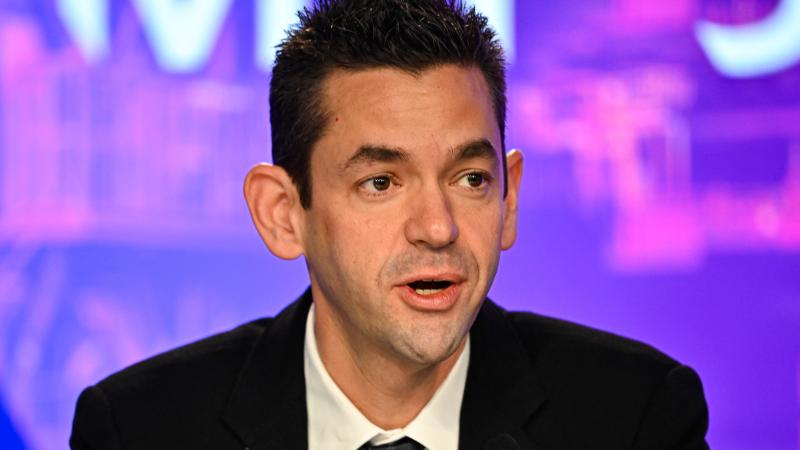President Biden announces nominee to head the IRS
Biden nominated former acting IRS commissioner under the Obama administration, Danny Werfel, to be head of the IRS.
President Joe Biden has announced that his nominee to head up the IRS is Danny Werfel, who served as the acting IRS commissioner under the Obama administration.
Werfel currently is the managing director and a partner at the Boston Consulting Group and would replace IRS Commissioner Charles Rettig, who departed the IRS in late October, The Hill reports.
Werfel was chosen by former President Obama in 2013 to restore confidence in the IRS following the scandal involving their handling of applications for tax-exempt status from conservative nonprofit organizations. He also served under former President George W. Bush involving the bank bailout of 2008.
"Danny Werfel is a public and private sector leader who has served under both Democratic and Republican administrations," the White House said in a statement. "Across more than 15 years of government service, Werfel served President Barack Obama and President George W. Bush to lead some of the governments' most complex management challenges as the Internal Revenue Service (IRS) Acting Commissioner and Office of Management and Budget (OMB) Controller.”
Treasury Secretary Janet Yellen agrees that Werfel is a qualified leader who will add a lot to the organization.
"His deep management experience, and his work directing significant transformation efforts, make him uniquely qualified to lead the agency at this critical juncture," Yellen said in a statement, according to The Hill.
“After decades of underfunding, the IRS now has the resources it needs to improve services for taxpayers and modernize outdated technology and infrastructure," the statement continued. "Danny's deep commitment to fairness and making sure government works for all will also be invaluable as we improve the taxpayer experience and eliminate a two-tiered tax system."
The nominee is sure to be questioned about the $80 billion earmarked for the IRS that was part of the "Inflation Reduction Act," and which is expected, according to the Treasury Department, to pay for an estimated 87,000 new employees over the next decade.














